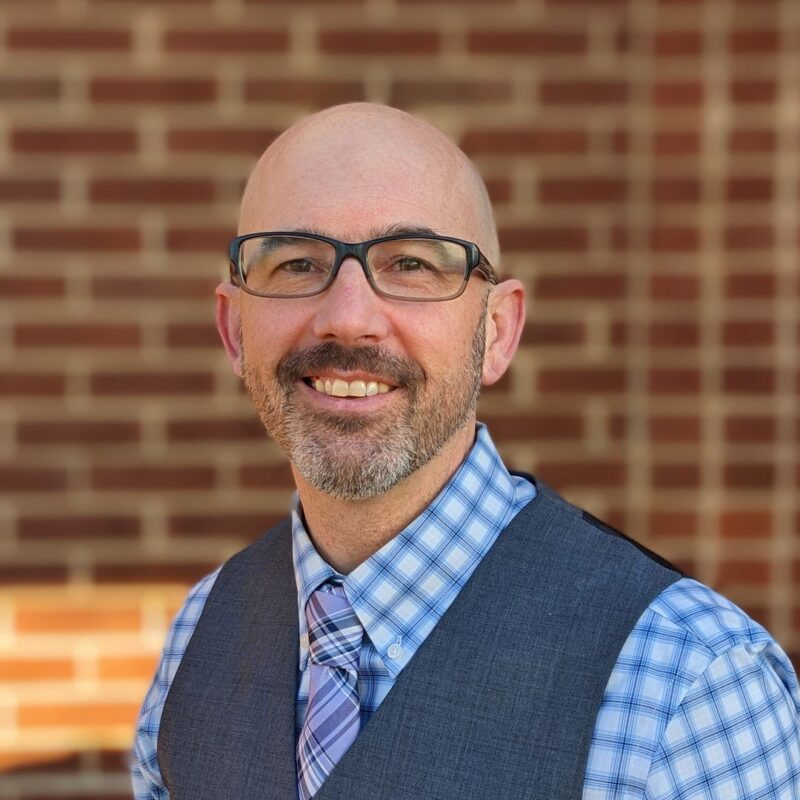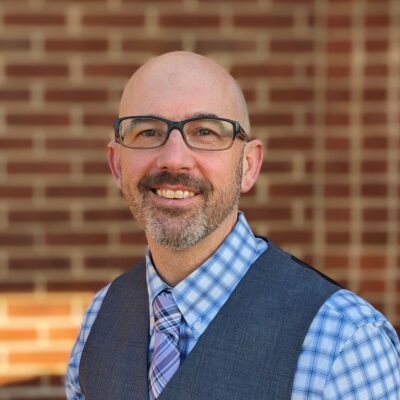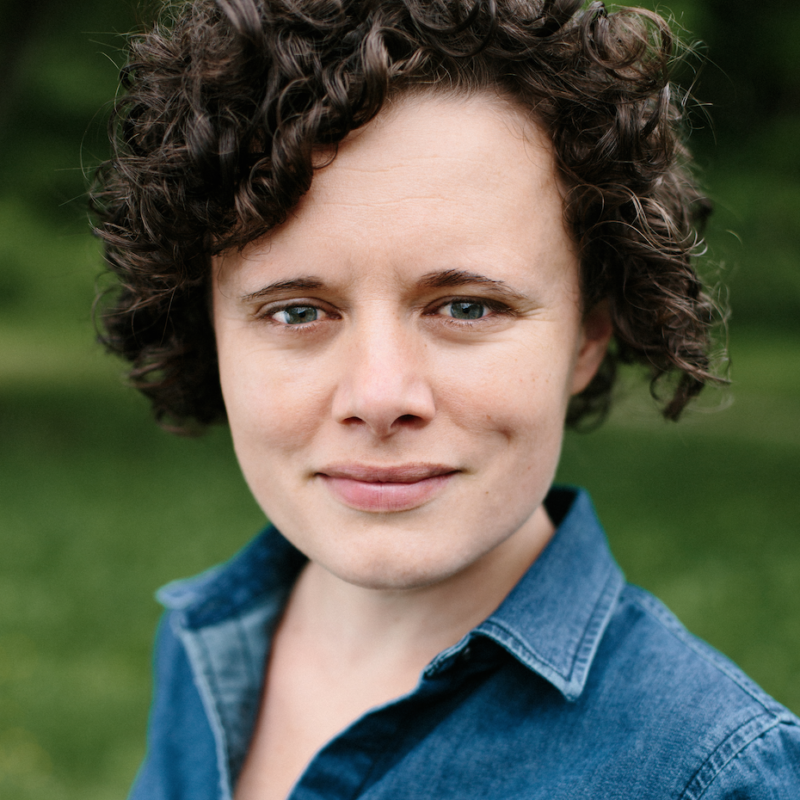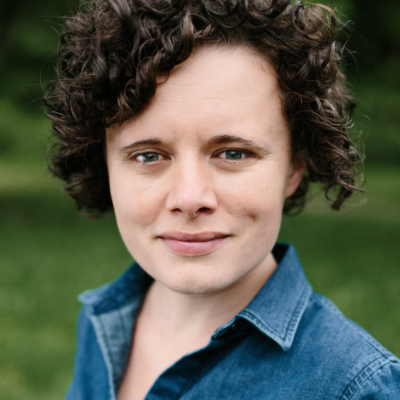The rule for students at the Westhaven Afterschool Program used to be “No homework, no entry.” If Harold Folley can’t find the funds to sustain the program for another year, the rule might become “No entry, no homework” instead.
|
Until recently, elementary school students from Westhaven (pictured), the 126-unit public housing project on Hardy Drive, could drop by the Westhaven Afterschool Program for 90 minutes of homework time, enrichment activities and healthy snacks. Now, Harold Folley of the Virginia Organizing Project is looking for new funding sources for the program. |
Folley, a local organizer for the Virginia Organizing Project, also oversees the Westhaven Afterschool Program in the city’s oldest and largest public housing project, located on Hardy Drive near 10th Street. The program begins each year in September and runs through the school year, with occasional summer field trips to spots like McGuffey Art Center or Carter Mountain orchard. In 2007, the program received a grant facilitated through the Rockefeller Philanthropy Advisors.
Now, says Folley, the group that gave money through Rockefeller has dismantled and, barring additional funding, the afterschool program is closed for the foreseeable future.
“I like to partner with people,” says Folley, who collaborated with The Bridge Progressive Arts Initiative, Community Bikes, the Quality Community Council and more on projects for Westhaven students. “Without funding, I won’t be able to be at Westhaven. So, I depend on funding to bring the kids the special stuff that they need.”
And while Westhaven may be the most prominent example of an underfunded afterschool program, it’s not alone. Leslie Channel, an AmeriCorps volunteer who works with students at Blue Ridge Commons, estimates the annual afterschool budget at $4,000, paid for in part by residents. Blue Ridge Commons, managed by Community Housing Partners and located at Orangedale and Prospect avenues near Buford Middle School, is not a public housing site, but accepts Section Eight vouchers for low-income residents; the program works with Abundant Life Ministries and also receives a grant from the U.S. Department of Housing and Urban Development (HUD).
“Any time you’re working in this kind of environment, there’s a lot of turnover amongst the residents,” says Channel about challenges facing afterschool programs. “Our school year’s ending. We’re going to lose a handful of kids who are moving to different states. Their families have decided there’s a better opportunity for them in different cities, bigger cities. We end up sort of losing students.”
Friendship Court, on Garrett Street, also accepts Section Eight vouchers. In September, a residential services organization called Urban Vision received a $7,500 grant from the Charlottesville Area Community Foundation for an afterschool tutoring program in Friendship Court. During the last two years, Urban Vision received roughly $25,000 from the City of Charlottesville, but is slated to receive no funding in the city’s proposed FY2010-2011 budget.
Folley says the Westhaven program needs about $26,000 to adequately provide for students. On busy days, he works with as many as 25 kids, who do homework for 45 minutes, have a snack, then spend enrichment time playing tennis, painting or playing “Black History Bingo,” says Folley.
“If we don’t do anything that’s positive for these kids, they will see a lot of negative,” says Folley, who is currently applying for grants from other sources. “We won’t break the chain of incarceration, of drug use, or mental abuse, in these neighborhoods.”
C-VILLE welcomes news tips from readers. Send them to news@c-ville.com.






